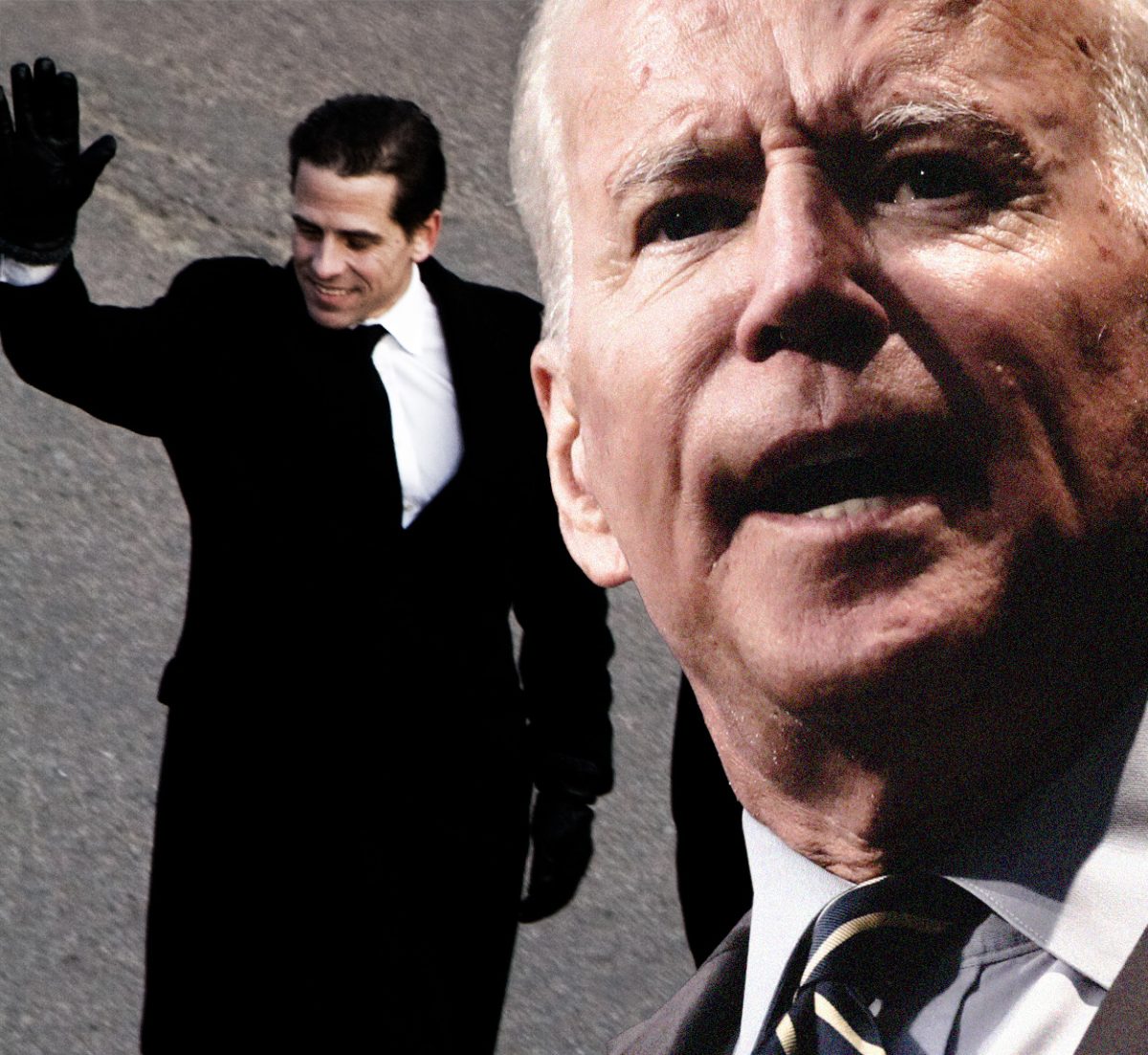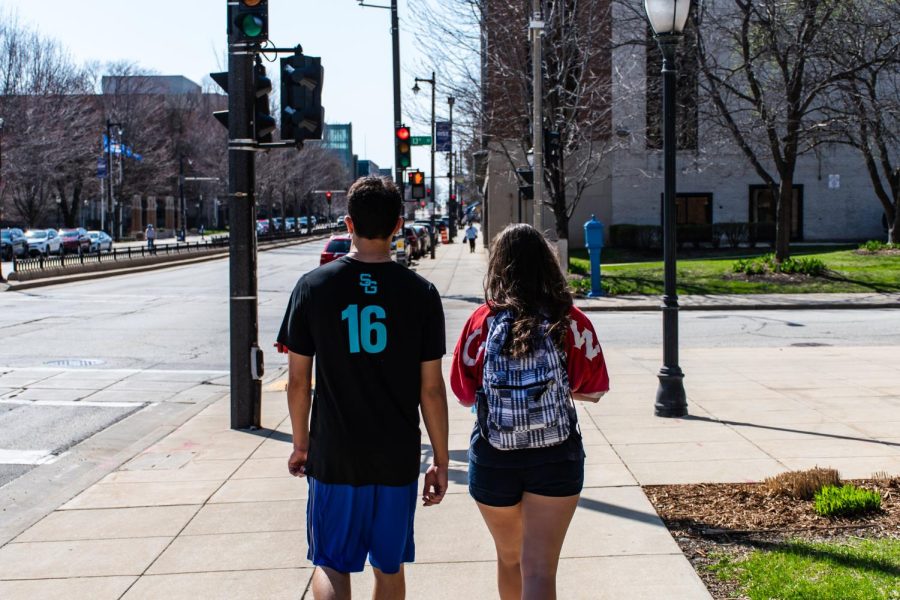 Fox News commentator Bill O’Reilly went on the Daily Show last week to promote his new World War II book, “Killing Patton.” However, soon after introducing the book, host Jon Stewart strayed from the explicit subject of the interview and asked O’Reilly to “admit that white privilege exists.”
Fox News commentator Bill O’Reilly went on the Daily Show last week to promote his new World War II book, “Killing Patton.” However, soon after introducing the book, host Jon Stewart strayed from the explicit subject of the interview and asked O’Reilly to “admit that white privilege exists.”
“White privilege” has no set definition, but the term is generally used to describe a set of societal advantages that white people have over other races. Peggy McIntosh of Wellesley College calls it “The concrete benefits of access to resources and social rewards and the power to shape the norms and values of society that white people receive, tacitly or explicitly, by virtue of their position in a racist society.”
According to Stewart, systemic racism is the reason certain racial groups are struggling compared to others. It is this bias that gives white people an advantage. O’Reilly countered by stating that America’s racial problems were mostly in the past and that if one, regardless of race, was willing to work hard and live an honest life, they could “make it.”
Today, we have moved far past the days of Jim Crow. Immigrants from Nigeria and other African countries, who have among the highest rates of educational achievement in the country, have shown that skin color is no longer the barrier that it once was. Instead, we are dealing mostly with the lingering effects of past racism. Issues such as racial profiling and higher incarceration rates among African-Americans for drug offenses, despite higher drug use among whites, are modern examples of racial bias in the system. However, the overwhelming issue facing disadvantaged minorities today is poverty.
In a way, both O’Reilly and Stewart are correct. In the case of a poor black person, it is highly likely that the lack of opportunities faced by his or her ancestors contributed to their quality of life today. But at the same time it is dishonest to say the events of fifty years ago keeps African-Americans disproportionately poorer than other groups. Racism is not the main issue affecting poor blacks, but rather the same issues facing poor whites or poor people of any other race.
A poor black person living in inner-city Milwaukee has more in common with a poor white person living in rural Appalachia than they do with Oprah Winfrey, so why do we continue to refer to the ‘plight of the Black community’? It is not the LeBrons and the Robert Johnsons that we should be concerned for, but lower-class Americans, regardless of race.
Teenage pregnancy, the breakdown of the family structure, criminal activity, substance abuse, the bad job economy–these issues cut across racial lines and are the real reason why people of all races are struggling. To focus too much on racism is to trivialize these socioeconomic problems and, at worst, absolve people of personal responsibility by placing the entirety of the blame on the actions of others.
Focusing on white privilege will not solve these problems, because the prejudice that caused them happened in the past. If a black person and a white person are equally poor, does the historical reason for one’s poverty really matter? No. In the end, the focus should be on solving current problems and not dwelling on past wrongs.






The Old Roman Soldier • Dec 28, 2014 at 8:07 am
Transformation comes first and fundamentally from within. Until black people throw off their self-imposed chains, they shall not be free. The alternative is press young negroes into “Chain Gangs”, as was commonly done in the 1800s through the mid-1900s.
escabrosa1 . • Nov 28, 2014 at 7:37 am
Well said, Matt.
SWEETFEET • Oct 23, 2014 at 7:31 pm
“Instead, we are dealing mostly with the lingering effects of past racism. Issues such as racial profiling and higher incarceration rates among African-Americans for drug offenses, despite higher drug use among whites, are modern examples of racial bias in the system.”
So, the lingering effects of past racism are racism. There are structural racism as well as racism instilled in individuals. To ignore that seems moronic.
Also, what is meant by “the issue?” Poverty and racism are both issues facing racial minorities in America. To say that all minorities face racism and poverty at the same level seems wrong. For some, racism is more of a pressing issue than poverty. For others, the poverty will seem more important than racism. Either way, you don’t seem to have a lot of hard evidence to say that one is significantly worse than the other.